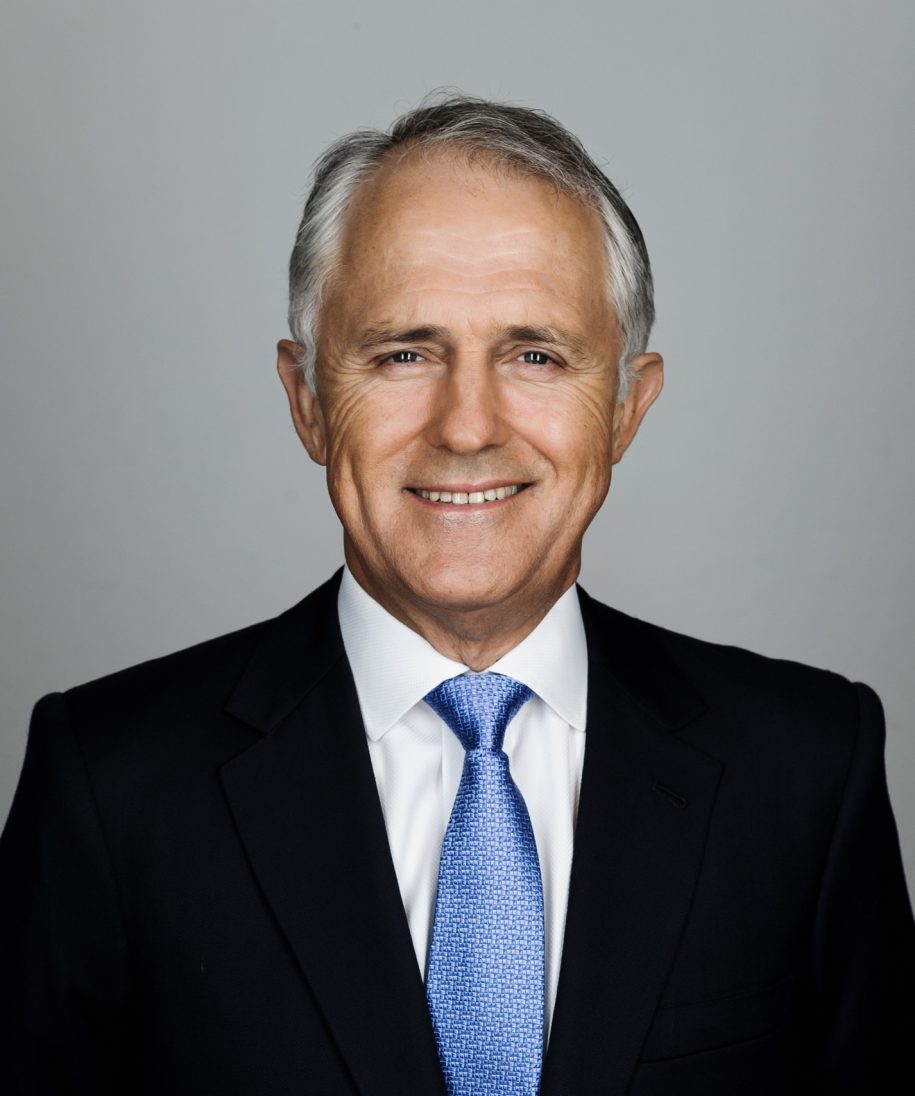Malcolm Turnbull: a New Style of Australian Foreign Policy

On 15 September Malcolm Turnbull became Australia’s 29th Prime Minister. What approach is he expected to take in international affairs?
In announcing his challenge for the leadership, Malcolm Turnbull articulated the need not only for greater economic leadership, but for a different style of leadership. Since his elevation, commentators have speculated on the potential changes in style and substance he may bring.
While some level of continuity can be expected in Australia’s foreign policy with Julie Bishop deciding to remain as Minister for Foreign Affairs, commentators have focused on the potential for change in three areas.
China
There is no doubt that China is high on Malcolm Turnbull’s agenda, with the China-Australia free trade agreement (ChAFTA) the only policy issue mentioned in his challenge. There has been speculation that he may bring a different approach to China than Tony Abbott, who is likely to be remembered for reportedly characterising Australia’s policy as being driven by ‘fear and greed’.
While Malcolm Turnbull can be expected to promote the economic opportunities with China – in a speech to the Australia-China Business Forum he highlights ‘in the ChAFTA context the winners overwhelmingly outnumber the losers’ – he has also stressed that there is more to Australia-China relations than economics: in his speech launching the ANU 2014 ‘China Update’ he states ‘China-its people, its culture, and its history- is part of Australia.’
The Australian Financial Review has speculated that Malcolm Turnbull’s deep personal and business connections to China will steer ‘Australia’s most independent foreign policy.’ An analysis by Hugh White suggests he may have more scope to explore Australia’s place in the Asian Century than any of his predecessors. Alex Oliver from the Lowy Institute cautions if he appears too pro-China, he may antagonise the United States and Japan.
In a response to Hugh White’s book Power Shift in The Monthly, Malcolm Turnbull criticised the US case for treating China as an enemy as “very thin” and noted that “Nobody would win from a conflict between China and the US.” He criticised China’s tough line on disputed islands and reefs as ‘quite counterproductive.’ He has written that ‘there is a lot of merit in Australia being seen to have a mind of its own, while remaining a staunch ally of America.’
A piece by the Australian Financial Review reports that alleged that US sources view Malcolm Turnbull as soft on China given his son’s marriage to a ‘princeling’ daughter of senior Chinese Communist Party officials was immediately countered as factually inaccurate with the Prime Minister’s daughter-in-law’s father born into a ‘capitalist’ family and tending pigs during the Cultural Revolution.
National Security
The Sydney Morning Herald has speculated that Prime Minister Turnbull is less likely to “sound the horn daily” on national security. In contrast to former Prime Minister Abbott’s statement that Islamic State is ‘coming after us,’ Malcolm Turnbull cautioned against overstating the threat. Not denying the significance of national security, Prime Minister Turnbull in his first Question Time asserted ‘the defence of Australia and its people is the single most important duty of the Government.’
The ABC’s Barrie Cassidy has reported that Malcolm Turnbull supports a more nuanced approach to national security and terrorism which dismisses emotion. For example, he is on record in a news conference how even those who are well informed may possess different views.
Malcolm Turnbull accepts there is no easy left or right divide in this area. In a speech to the Sydney Institute in July this year celebrating the Magna Carta, he states ‘[i]t is more important that counter-terrorism measures be the right ones, the effective ones, than that they simply be tough.’
Climate Change
There has also been speculation on potential change to the Government’s climate change policy despite Malcolm Turnbull’s statement on reclaiming party leadership describing the Coalition’s policy as ‘very well designed.’
The new Prime Minister’s personal views are well-known in an area that cost him the party leadership in 2008 when he stated ‘I will not lead a party that is not as committed to effective action on climate change as I am.’
Although Prime Minister Turnbull states he supports the Coalition Government’s current climate change policy, he may not be able to ignore public opinion which appears to align with his own in the lead up to the Paris COP21 negotiations later this year. Many expect that Government policy will align more with his views over time.
A new leader will inevitably mean changes to the style of Australia’s foreign policy. Commentators expect intellectually considered and nuanced opinions and a more consultative leadership style.
While some are concerned that the change in prime minister may be perceived badly internationally, so far official international statements have been positive.
Whether there will be changes of substance as well as style remains to be seen.
Briana Ganesharajah is a recent graduate of a combined Bachelor of Arts/Laws (Hons) from the Australian National University and a current intern at the AIIA. This article can be republished with attribution under a Creative Commons Licence.


